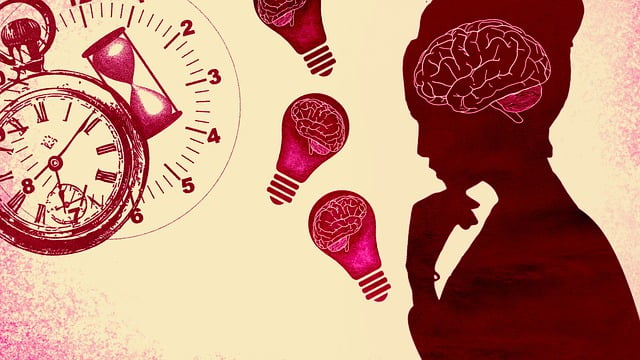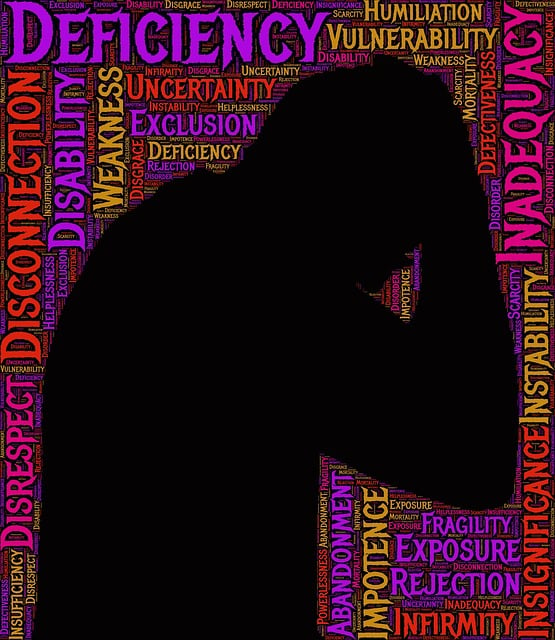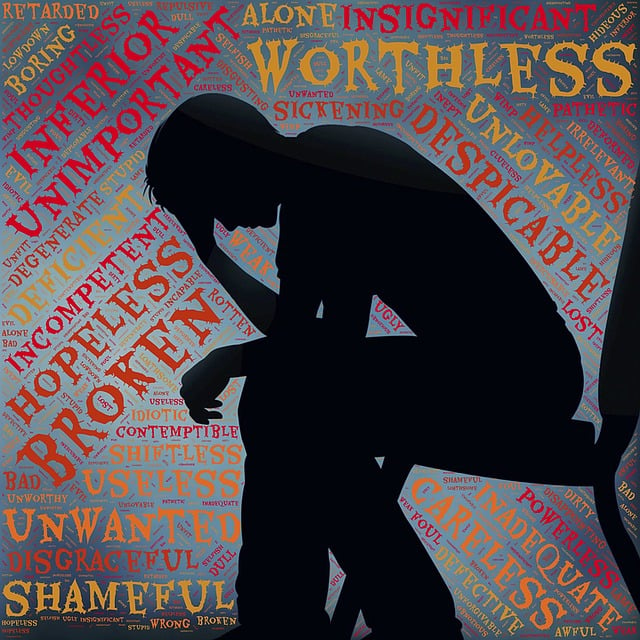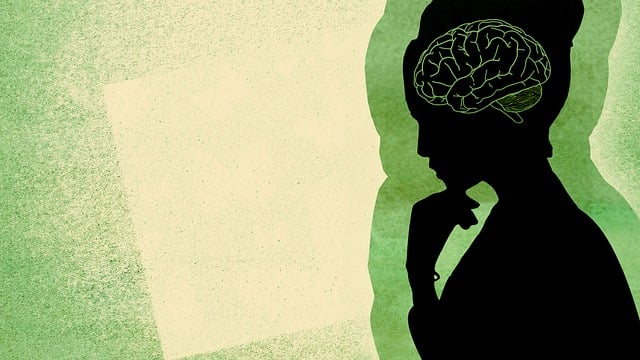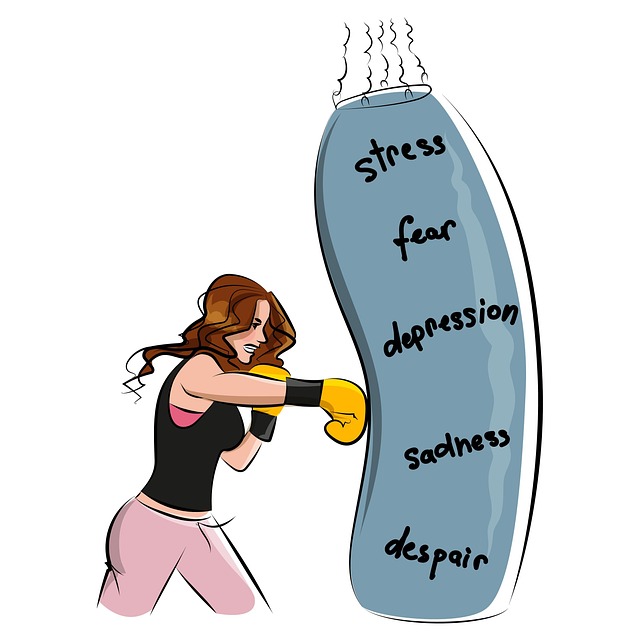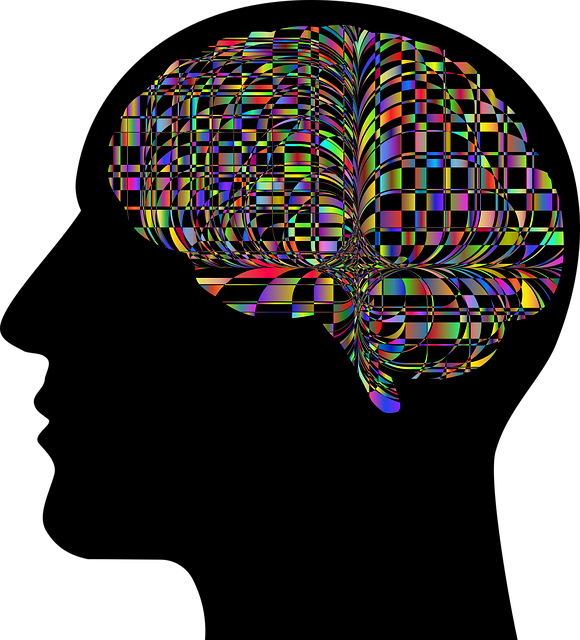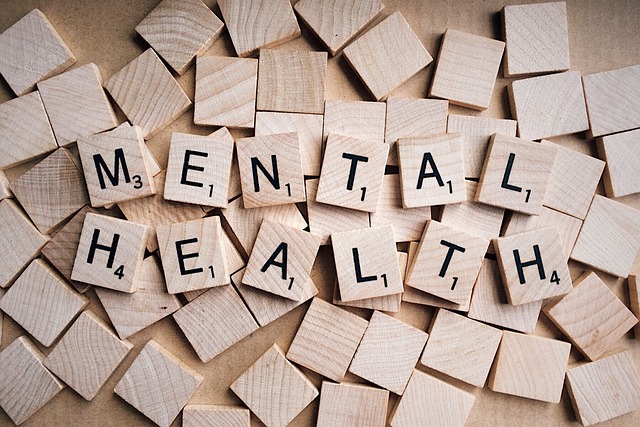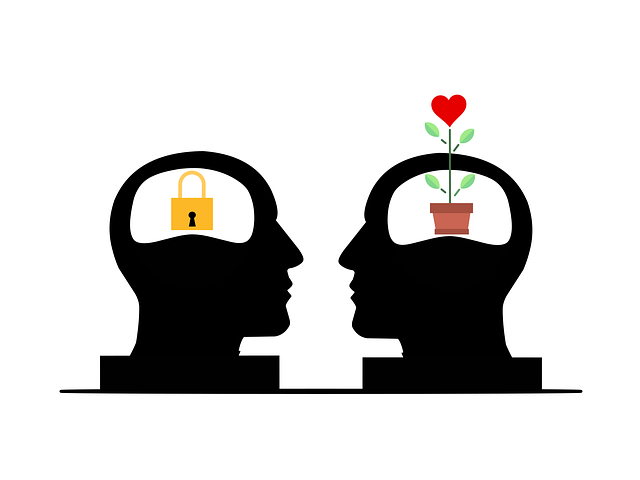Men face unique mental health challenges due to societal expectations encouraging emotional suppression, leading to stress, anxiety, and depression. They often avoid seeking help because of vulnerability fears and stigma. Therapy for men's issues provides safe spaces to explore feelings without judgment, offering effective strategies for stress reduction and resilience building. Mental wellness coaching programs and trauma support services tailored for men are crucial in addressing these challenges. Normalizing conversations around male emotional expression and challenging the stigma through open dialogue, education, and supportive systems is essential for improving men's mental health and access to therapy.
Mental wellness promotion among men is a critical yet often overlooked aspect of contemporary healthcare. This article delves into the unique challenges men face regarding mental health, debunking stigma to encourage open dialogue about emotional expression. We explore common issues and effective therapy approaches tailored to men’s needs, emphasizing the importance of supportive environments and help-seeking behaviors. Additionally, practical self-care strategies are offered to cultivate resilience and overall wellbeing, highlighting essential steps for enhancing mental wellness through Therapy for Mens Issues.
- Understanding Men's Mental Health Challenges
- Debunking Stigma: Normalizing Conversation Around Male Emotional Expression
- Common Issues and Effective Therapy Approaches for Men
- Creating Supportive Environments: Encouraging Help-Seeking Behaviors in Men
- Self-Care Strategies for Men: Cultivating Resilience and Wellbeing
Understanding Men's Mental Health Challenges

Men often face unique challenges when it comes to mental health due to societal expectations and gender norms. Historically, men have been encouraged to bottle up their emotions, which can lead to a buildup of stress, anxiety, and even depression. This suppression can be particularly damaging in light of potential trauma or life stressors that may arise throughout one’s lifetime. Many men may struggle silently, avoiding conversations about mental health due to fears of vulnerability or the misconception that seeking help is a sign of weakness.
Therapy for men’s issues plays a pivotal role in addressing these challenges. It provides a safe space for individuals to explore and express their feelings without judgment. Mental wellness coaching programs development specifically tailored for men can offer effective strategies for stress reduction methods, helping them manage daily pressures while fostering resilience. Additionally, trauma support services are invaluable in assisting men who have experienced past traumas, allowing them to heal and move forward with enhanced emotional well-being.
Debunking Stigma: Normalizing Conversation Around Male Emotional Expression

In today’s world, it’s high time we normalize conversations around male emotional expression and challenge the enduring stigma surrounding men’s mental health. For too long, societal norms have perpetuated the idea that showing emotion is a sign of weakness, leading many men to bottle up their feelings and struggle in silence. This needs to change. Open dialogue and increased self-awareness are crucial steps towards promoting mental wellness for men. By encouraging men to express their emotions through therapy for mens issues—whether it’s seeking professional help or participating in mental wellness podcast series production—we can foster a healthier environment where emotions are freely shared without fear of judgment.
Self-awareness exercises and mental wellness journaling can also be powerful tools for men looking to understand and manage their emotional well-being. These practices enable individuals to gain valuable insights, process their feelings, and develop healthy coping mechanisms. Through self-reflection and guided journaling exercise guidance, men can enhance their ability to communicate their needs and emotions, thereby improving their relationships and overall mental wellness. Debunking the stigma surrounding male emotional expression is a collective effort that requires open conversations, education, and support systems—all of which contribute to creating a more compassionate and understanding society.
Common Issues and Effective Therapy Approaches for Men

Men often face unique challenges when it comes to their mental wellness, with specific issues such as work-related stress, substance abuse, and emotional suppression being prevalent. These problems can stem from societal expectations that pressure men to be strong and stoic, discouraging them from expressing emotions openly. As a result, many males may struggle silently, leading to severe mental health consequences if left unaddressed.
Effective therapy approaches for men’s issues involve creating safe and non-judgmental spaces where they can openly discuss their feelings. Cognitive Behavioral Therapy (CBT) is a popular method that helps individuals identify and change negative thought patterns. Group therapy sessions, focusing on peer support and shared experiences, can also be beneficial. Cultural sensitivity in mental healthcare practice is essential, ensuring that therapists understand and respect diverse gender expressions and beliefs. Encouraging self-care practices, such as regular exercise, mindfulness techniques, and maintaining open lines of communication with loved ones, complements therapy and promotes long-term mental wellness for men.
Creating Supportive Environments: Encouraging Help-Seeking Behaviors in Men

Creating supportive environments is a key strategy to encourage help-seeking behaviors in men. This involves fostering an atmosphere where men feel safe and comfortable discussing their emotions and mental health challenges. Traditional gender norms often discourage men from expressing vulnerability, making it essential to implement empathy building strategies within various settings, including schools, workplaces, and communities. By promoting open conversations about mental wellness and normalizing help-seeking, we can reduce the stigma associated with therapy for men’s issues.
Cultural sensitivity in mental healthcare practice plays a pivotal role in engaging male clients effectively. Recognizing and respecting diverse cultural backgrounds and beliefs allows healthcare providers to tailor their approach, ensuring that services are accessible and relevant. Incorporating self-awareness exercises that address gender stereotypes and promoting active listening can foster trust and encourage men to share their experiences. Through these initiatives, we can create a supportive network that ultimately promotes mental wellness and encourages timely access to therapy for men’s issues.
Self-Care Strategies for Men: Cultivating Resilience and Wellbeing

Men often face unique challenges when it comes to mental wellness, with societal expectations and gender norms sometimes hindering their ability to seek support. However, prioritizing self-care is a powerful step towards fostering resilience and overall wellbeing. One effective strategy is incorporating compassion cultivation practices into daily routines. This involves treating oneself with kindness and understanding, much like one would offer support to a friend going through a tough time. Mindfulness meditation can be a valuable tool in this process, helping men learn to stay present, manage stress, and cultivate emotional awareness.
Additionally, communication strategies play a significant role in mental wellness promotion. Encouraging open dialogue about emotions and challenges with trusted peers or professionals can provide much-needed perspective and support. By combining compassion cultivation practices, mindfulness meditation, and effective communication, men can develop healthier coping mechanisms and enhance their ability to navigate life’s stressors, ultimately leading to improved mental wellness and overall quality of life.
Promoting mental wellness among men involves a multi-faceted approach, from raising awareness about unique male mental health challenges to fostering environments that encourage open dialogue and support. By understanding and debunking associated stigmas, we can normalize emotional expression, encouraging help-seeking behaviors. Effective therapy approaches tailored to men’s issues, alongside self-care strategies, play a pivotal role in cultivating resilience and overall wellbeing. Embracing these initiatives is essential in ensuring men have access to the resources they need to thrive.
